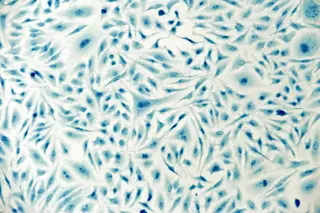Rosie Redfield has an opinion piece out in PLoS Biology on refashioning genetics education for the 21st century, “Why Do We Have to Learn This Stuff?”—A New Genetics for 21st Century Students:
...Genetic analysis used to be the most powerful tool for understanding how organisms work, and thus the best skill we could give our students, but its research role has been largely supplanted by molecular methods. Cuts to genetic analysis also threaten the problem-based learning that has been a hallmark of genetics courses. Genetics instructors have all devoted time to developing problems that replicate those arising in real genetics research labs, and a major feature in textbook choice is the quantity and quality of the end-of-chapter problems. Other cuts will be less traumatic. Our students will probably never need to do a 3-factor cross, except maybe in an outdated genetics laboratory course, nor to analyze phenotypic ratios of progeny, once “one of the pillars of genetics”...There's also little justification for retaining haploid genetics, fungal genetics, tetrad analysis, and classical somatic-cell genetics in an introductory genetics course. Classical bacterial genetics (conjugation, transduction, transformation) should go too—I'm a bacterial geneticist, so trust me on this one.
I believe the target audience here consists of undergraduate biology majors. If so, I agree the thrust of this piece.The average biology major will encounter a fair amount of genomics in their lives in the near future, at least filtered through medical professionals and such. Additionally, and perhaps more importantly for most, genomics is going to be a major avenue through which we explore biological pathways with medical relevance. The confusion over dominance rings trues. But I wonder, does this not apply to those learning genetics at the graduate level? Genetic analysis in the abstract is useful, but when is the last time anyone did tetrad analysis that wasn't working with yeast? In contrast, everyone probably has to develop some level of comfort with the general ins and outs of raw sequence analysis. All organisms have sequences, and many will be sequenced. Anyone who knows me well knows that I'm not too interested in molecular genetics. But I do think it is probably useful to start with the idea of the gene as a concrete biophysical entity, rather than as an abstract unit of inheritance. Once you start with the concrete, you can work back to the abstract.













